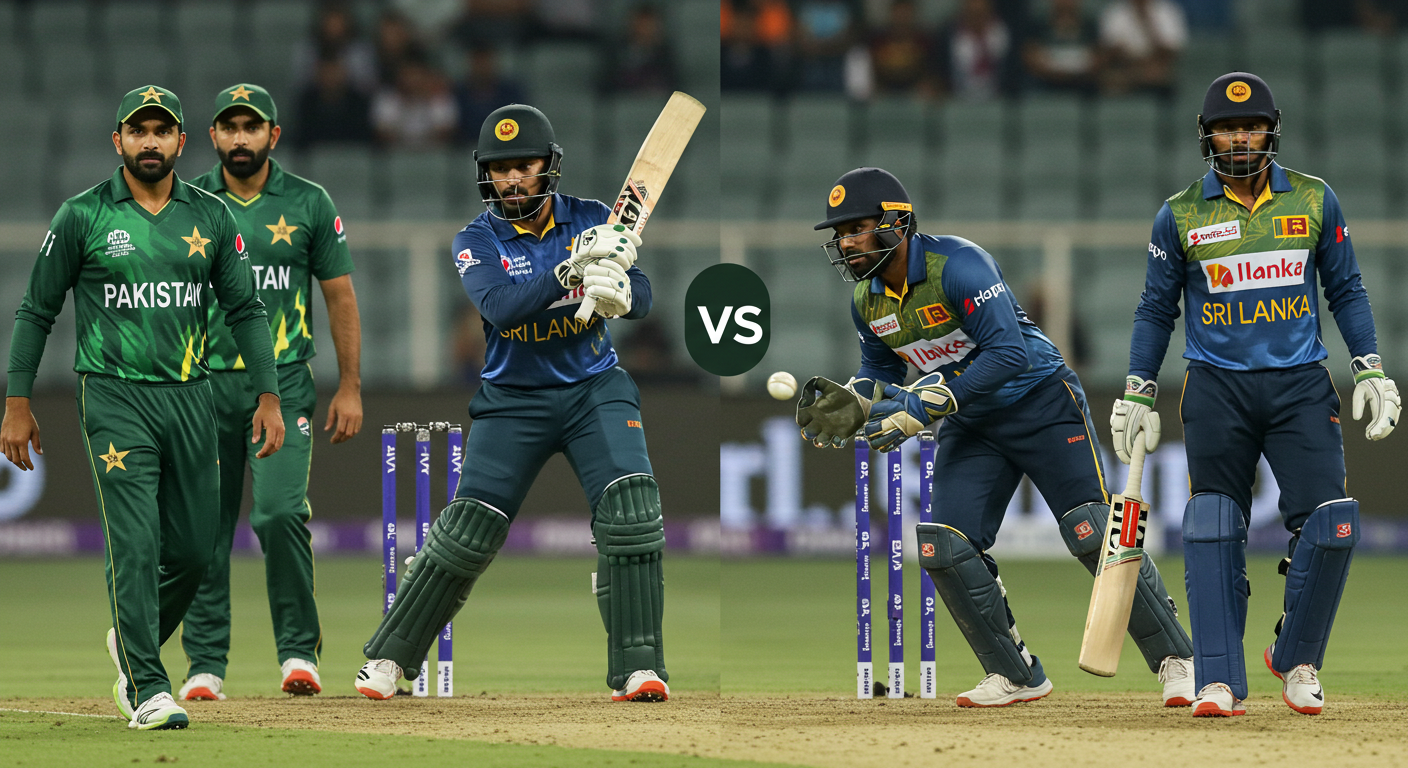Pakistan Cricket Captain: Leading the Green Shirts Through Thick and Thin
Pakistan Cricket Captain: Leading the Green Shirts Through Thick and Thin

Pakistan cricket, a nation steeped in passion and drama, has seen a long and colourful history of captains. From legendary figures to emerging stars, each captain carries the weight of expectation and the hopes of a fervent fanbase. This article delves deep into the role of the Pakistan cricket captain, exploring the challenges, triumphs, and the crucial impact they have on the team’s performance.
The captaincy isn’t just about leading players on the field. It’s about fostering a cohesive team spirit, inspiring confidence, and making crucial decisions in high-pressure situations. It demands a unique blend of tactical acumen, emotional intelligence, and a profound understanding of the game.
A Legacy Built on Greatness
Pakistan’s cricketing history is filled with remarkable captains who have left an indelible mark on the game. From Imran Khan’s aggressive style to the astute leadership of Wasim Akram, each captain brought their own unique flair and personality to the role.
Imran Khan, for instance, led Pakistan to their only World Cup victory in 1992. His fiery leadership, on and off the field, was instrumental in turning the team into a formidable force.
More recent captains, like Misbah-ul-Haq, and others, have also made significant contributions, demonstrating resilience and tactical expertise in various crucial situations. Their leadership exemplified perseverance, showcasing a crucial characteristic needed in international cricket.
Modern Challenges: Navigating the Complexities
The modern era of cricket presents captains with new and daunting challenges. The game has evolved, with a greater emphasis on expertise in analysis, understanding player psychology, and adapting to different batting and bowling approaches.
The rising popularity of T20 cricket necessitates swift decisions and an ability to think strategically on the fly. The ability to assess players’ strengths and weaknesses, adjust accordingly in response to changing match conditions, and adapt to the strategies of opposing teams is paramount.
Beyond the technical aspects, captains need to manage player egos, build strong team dynamics, and navigate the pressure cooker environment of international cricket. This demands an exceptional blend of emotional intelligence, clear communication, and diplomacy.
Beyond the Field: Leading by Example
The impact of a captain extends far beyond the playing field. They are role models for young players, embodying the values of hard work, sportsmanship, and fair play. Their approach can significantly impact a team’s morale and, ultimately, their performance.
Captains often have to deal with media scrutiny and public pressure, requiring exceptional composure and grace. They need to maintain a positive mindset and lead by example, fostering a supportive atmosphere in the team.
The Future of Pakistan Cricket Captaincy
The future of Pakistan cricket captaincy hinges on the development of talented and capable leaders who can effectively balance the technical demands of the game with the interpersonal skills required to guide a team through challenging times.
Identifying and nurturing these leaders is crucial for ensuring the ongoing success of Pakistan cricket. It also requires a deep understanding of the evolving dynamics of the game, from adapting to new formats to maximizing the potential of young talent.
The Role of the Coaching Staff
The captain isn’t alone. An effective coaching staff plays a pivotal role in supporting the captain and providing guidance and insights into player performance, team dynamics, and strategic approaches.
The collaboration between the captain and the coaching staff is essential in ensuring a harmonious and productive environment where players can flourish and perform at their best. This relationship is a vital ingredient in success.
Case Studies and Examples
Throughout the history of Pakistan cricket, there are numerous examples of captains who have had a profound impact on the team’s performance. Studying their leadership styles, strategic approaches, and their successes and failures, can provide valuable insights for aspiring captains and coaches.
Conclusion: The Evolving Role of Leadership
The Pakistan cricket captain’s role is constantly evolving, demanding a unique combination of qualities in the modern era. From technical expertise to emotional intelligence, from tactical adaptability to inspirational leadership, the captain has a vital role to play in shaping the trajectory of the team and the nation’s aspirations. This article provides insights into this evolving role, highlighting the challenges and the continued significance of effective leadership.
With the next generation of players emerging, the future of Pakistani cricket captains looks promising. The journey ahead will be filled with new challenges, but with the right leadership and support, Pakistan cricket can continue to achieve great things.
Pakistan’s cricket history is marked by periods of brilliance alongside setbacks. The consistent leadership of a captain can significantly impact these fluctuations and often decide the overall success or failure of the team.
The role of a captain encompasses various responsibilities such as tactical decision-making, managing team dynamics, building confidence within the team, handling pressure, and embodying values such as hard work and sportsmanship.
There are several examples of Pakistani cricket captains who have inspired generations. Their leadership styles and approaches are worth studying to understand the complex nature of this role and discover best practices for future captains.